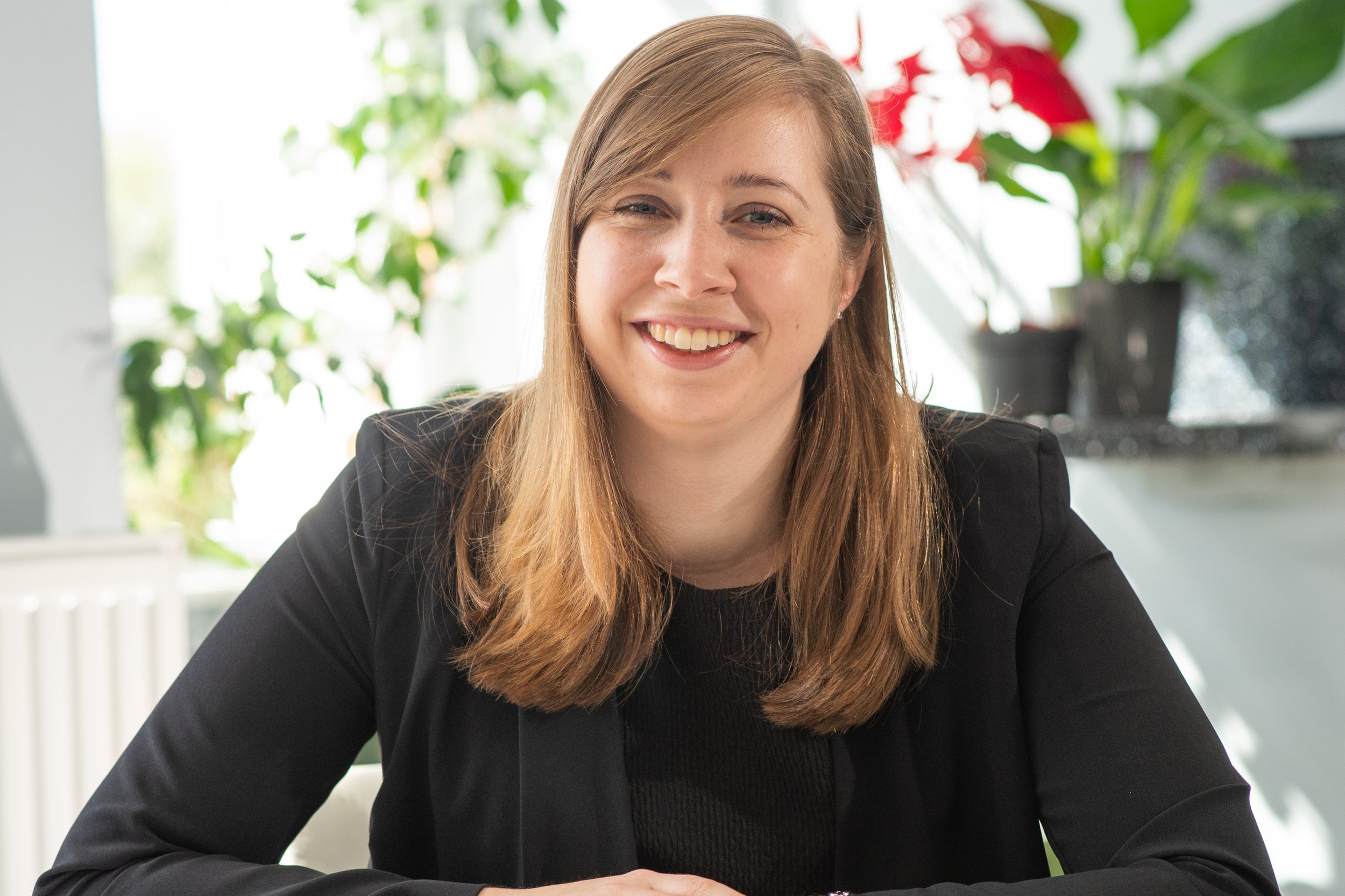Do you have Parental Responsibility?
Written by Becky Turnock, Family Law Team| Children | Family Law | 16th February 2022
A common question I am asked is whether a parent has Parental Responsibility for their child and what this means for them as a parent. If they don’t have it, they want to know how they can get it.
This article will answer your questions on:
What is Parental Responsibility?
How do I get Parental Responsibility for my child -
As a mother?
As a father?
In a same-sex relationship?
As a step-parent or grandparent?
What if there is question of who the biological father is?
What is Parental Responsibility?
Parental Responsibility is all the rights, duties, powers and responsibility and authority which by law a parent of a child has in relation to the child and his/her property.
Essentially this means that the parents who share Parental Responsibility will have a say in the wider issues relating to the children. For example, wider important issues would be in relation to education, religion and health. This allows a parent with Parental Responsibility, regardless of who the primary carer is, to be able to:
speak with the child’s teacher
request medical updates with the GP directly
be involved with other important decisions
If all parents with Parental Responsibility agree, they can make a decision to change the child’s name together or agree to remove the child permanently from the UK without the need for a Court Order. However, if there is no agreement, a Court Order will be required.
It is important to remember that it is generally the parent with day-to-day care who would deal more routine matters, for example, what the child will wear or eat that day.
How do I get Parental Responsibility for my child?
As a biological mother
Biological Mothers automatically have Parental Responsibility for their child.
As a biological father
If a child's biological parents are married or in a civil partnership with each other when the child is born, both of them automatically share Parental Responsibility.
Unmarried fathers can obtain Parental Responsibility by one of the following:
Jointly registering the birth of the child with the mother
Having a Parental Responsibility Agreement signed by both biological parents registered with the Central Family Court
Securing a Parental Responsibility Order from a Court
Getting a “Live With” Order to confirm the biological father is resident parent
Later, marry the child’s mother and the father is the biological parent of the child (this does not give step-parents Parental Responsibility)
It is important to remember that the biological father will not lose Parental Responsibility if the parents were married but then divorced.
Same-sex parents
If one parent is the natural parent, both parents will share Parental Responsibility if they have entered into a civil partnership prior to starting the fertility treatment (such as IVF). In this case, both parents will share Parental Responsibility.
For same-sex partners, who are not civil partners, the non-carrying parent can get Parental Responsibility by:
Entering into a Parental Responsibility Agreement.
Applying for Parental Responsibility.
If applicable, applying for a Parental Order which transfers parentage from a surrogate mother to the intended parent or parents.
Becoming a civil partner of the other parent and making a Parental Responsibility Agreement or jointly registering the birth.
What about step-parents and grandparents?
It is important to remember that step-parents do not automatically share Parental Responsibility for a child, even if they live with them.
Grandparents also do not automatically have Parental Responsibility for their grandchildren.
Can I transfer my Parental Responsibility?
Parental Responsibility cannot be transferred to another person, but it can be delegated.
This means that one parent could delegate Parental Responsibility to the grandparents, if they are babysitting for the afternoon. The parent would still have Parental Responsibility and is still responsible for making sure the child is safe and looked after.
What if there is question of who the biological father is?
If there is a question on who the father is, a DNA test could be performed to confirm parentage. If this is not agreed, an application to the Court should be considered.
Any questions?
It is important to seek legal advice on your specific situation if you have any questions about arrangements for your child or are unsure whether you share Parental Responsibility for them.
Speak to a friendly Family Solicitor
You can call our friendly team on 01752827030 if you have any questions or get in touch.






















